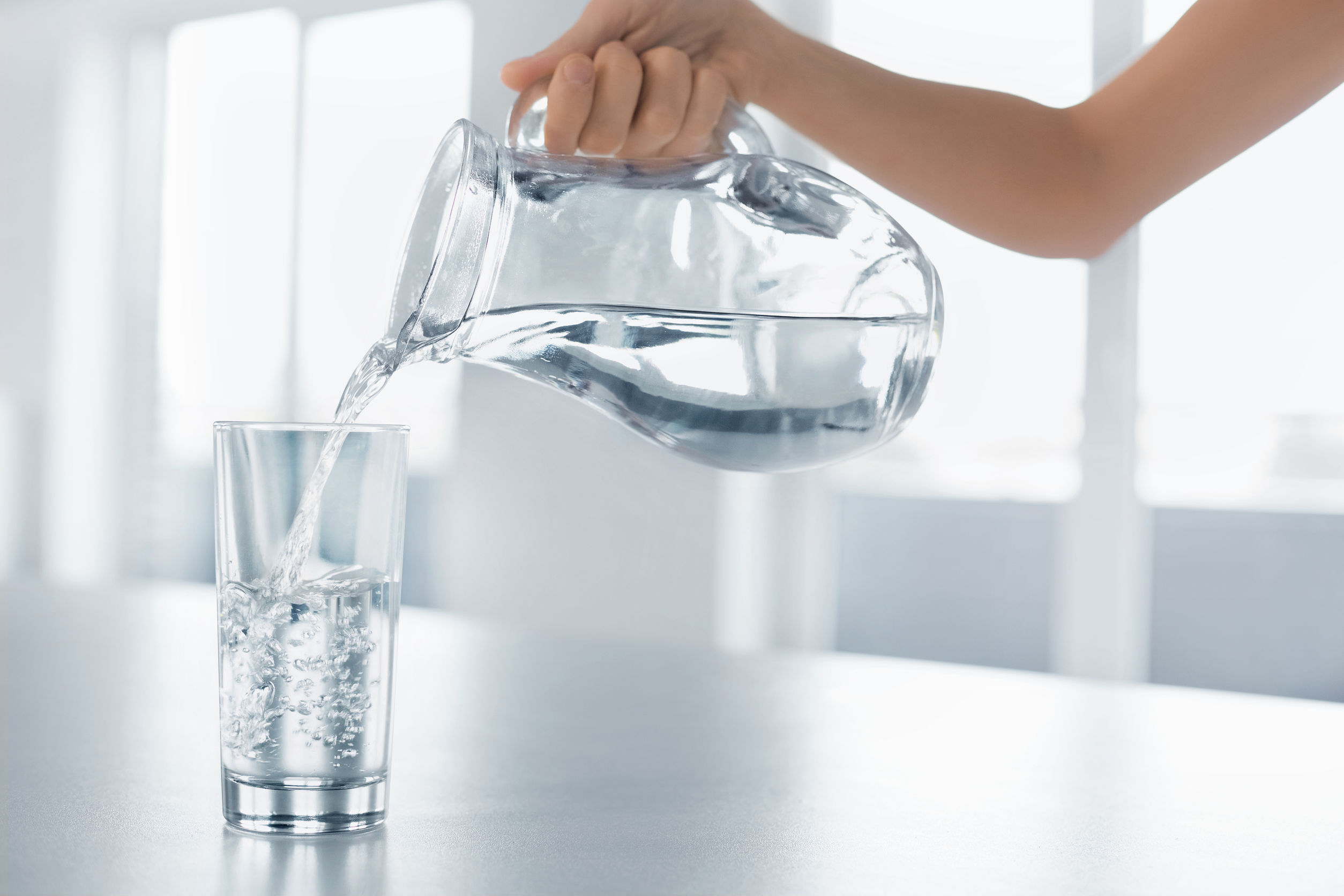Metabolism is the chemical process necessary to maintain all forms of life. Metabolism is the process by which bodies burn energy (fat) and synthesize the various compounds it many different cells need to keep functioning. A number of factors can influence an individual’s metabolism, from genetics to nutritional intake and energy expenditure (or exercise).
If you’ve been trying to lose weight, you’ve probably heard several popular beliefs about metabolism. However, just because these beliefs are widespread doesn’t mean they’re true. Let’s investigate four common myths about metabolism. The truth about how your body burns fat — and how you can help it burn more — may surprise you.
Myth: Our metabolic rates can’t change.
Fact: Genetics do play a role in setting metabolism (how fast your body burns energy). We all have our own basal metabolic rate (BMR), which is how much energy our bodies burn while we are at rest. BMR is responsible for burning about 70 percent of the calories we burn each day. Some people are born with a higher BMR than others. However, even if you have a slower BMR, that doesn’t mean you’re destined to be overweight. You can boost your metabolism by building more lean muscle mass. Muscle burns more calories per hour than fat, so the leaner you are, the more calories you will burn. As we age, our metabolic rates naturally decrease. To counteract your slowing metabolism, make strength training a regular part of your workout regimen.
Myth: Drinking green tea and eating chili peppers will boost metabolism.
Fact: While some studies suggest green tea and chili peppers may temporarily elevate your metabolic rate, a diet consisting of nothing but green tea and hot peppers isn’t realistic, and it certainly won’t do you any favors in the long-term. If you want a healthy body and a healthy metabolism, focus on eating a nutrient-dense diet that’s high in protein and low in fat.
Myth: Eating late at night slows your metabolism.
Fact: Does midnight snacking lead to weight gain? The answer is a qualified “yes.” It’s as much the number of calories you consume as the fact that you’re probably not getting much physical activity late at night that may account for your gain weight. However, our bodies aren’t programmed to store all the calories we consume after 8 p.m. as fat. More important than when you eat is the what and how much you eat. If you’re eating the right kinds of food when having a late dinner, or even having an evening snack, that shouldn’t derail your diet.
Myth: Seriously restricting calories or skipping meals can jumpstart weight loss.
Fact: If you want to lose weight, you’ve got to create an energy deficit, which means getting your body to expend more calories than you consume each day. However, create too much of a deficit and your body may kick into starvation mode, storing as many calories as possible to make up for an imagined scarcity. This calorie calculator created by the American Cancer Society can help you determine how many calories you need on a daily basis to lose weight at a healthy rate (one to two pounds per week) based on your gender, height, weight and lifestyle.
Making just a few dietary and lifestyle changes can help boost your metabolism and get your body burning more fat.
Get more sleep. The amount of sleep you get each night can influence your metabolism. If you’re sleep deprived, you may have a lower metabolism, but you’re also likely to find it difficult to manage your cravings and blood sugar levels.
Drink more water. Drinking plenty of water is one of the number one tips for weight loss, and it’s no different when it comes to increasing how many calories you burn throughout the day. Researchers have found that drinking more water can help you burn more calories. A process called thermogenesis warms the water we consume to body temperature — the more water your body has to warm throughout the day, the more calories it requires to do so. Choosing water over sugary sodas and other beverages will save calories and help regulate your metabolism.
Have a little caffeine. A cup of coffee may give you more than a quick pick-me-up. One study indicates that individuals who drank caffeinated coffee burned more calories than those who drank decaf. Just beware of caffeinated drinks that are also high in sugar. The calories in a coffee drink diluted with syrups, chocolate and high-fat dairy will counteract any metabolic gains provided by the caffeine it contains.
Eat enough protein. Eating adequate protein increases your body’s energy expenditure while it’s at rest. There are plenty of non-meat foods that contain protein, too. Beans, eggs, nuts, low-fat dairy and soy are all great alternative sources of protein.





